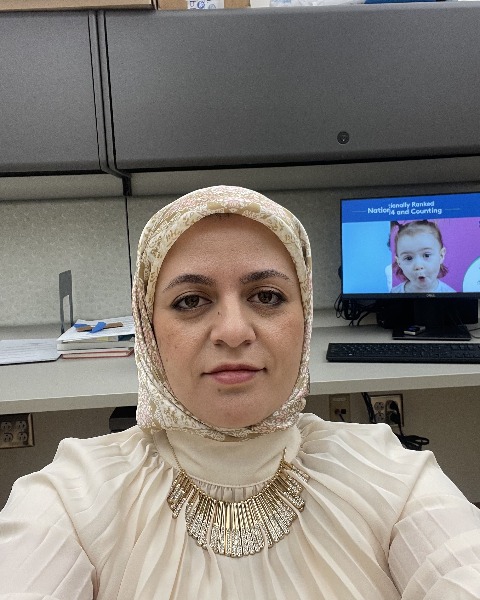Neonatology
Session: Neonatal Infectious Diseases/Immunology Works in Progress
WIP 148 - Bacteriological profiles and antibiotic susceptibility patterns for late-onset sepsis in level III and IV neonatal intensive care units
Saturday, May 4, 2024
3:30 PM - 6:00 PM ET
Poster Number: WIP 148
Publication Number: WIP 148.874
Publication Number: WIP 148.874

Basma DAHASH, MD (she/her/hers)
NICU fellow
Children's Hospital of Michigan
DEARBORN, Michigan, United States
WIP Presenting Author(s)
Background: Neonatal Sepsis poses a significant challenge due to its diverse clinical symptoms, often leading to empirical antibiotic treatment. Late-onset sepsis (LOS), occurring after 72 hours of life, is associated with horizontally acquired pathogens present in the community or in the hospital. Understanding the bacteriological profile and antibiotic susceptibility patterns in any center is vital for treatment optimization and reducing mortality and morbidity.
Objective: To identify the bacteriological profile and antibiotic susceptibility patterns for bacteria isolated in blood culture-proven LOS cases at Hutzel Women's Hospital (Level III) and Children's Hospital of Michigan (Level IV) neonatal intensive care unit (NICU) between 2012 and 2021.
Design/Methods: IRB approval was obtained. A retrospective study of infants admitted to level III and level IV NICUs from January 1, 2012, to December 31, 2021, who had blood culture-proven LOS was conducted. Infants with early-onset sepsis occurring within 72 hours of life were excluded. We collected demographic and clinical data, including maternal and perinatal history, birthweight, gestational age, Apgar scores, and delivery details. We recorded data on medical procedures, and hospital courses including the presence of central lines, catheters, laboratory parameters at the time of LOS, blood culture isolates, and their susceptibility patterns.
A descriptive analysis of all the baseline characteristics will be reported. Categorical variables will be described as frequency and percentages and continuous variables as mean/median with standard deviation/IQR. Comparative analysis will be conducted for bacteriological profiles antibiotic susceptibility patterns and other neonatal characteristics including number of procedures, duration of mechanical ventilation, central lines, and catheters between level III and level IV units. A subgroup analysis comparing bacteriological profiles in infants ≥ 28 weeks and < 28 weeks GA will also be performed.
